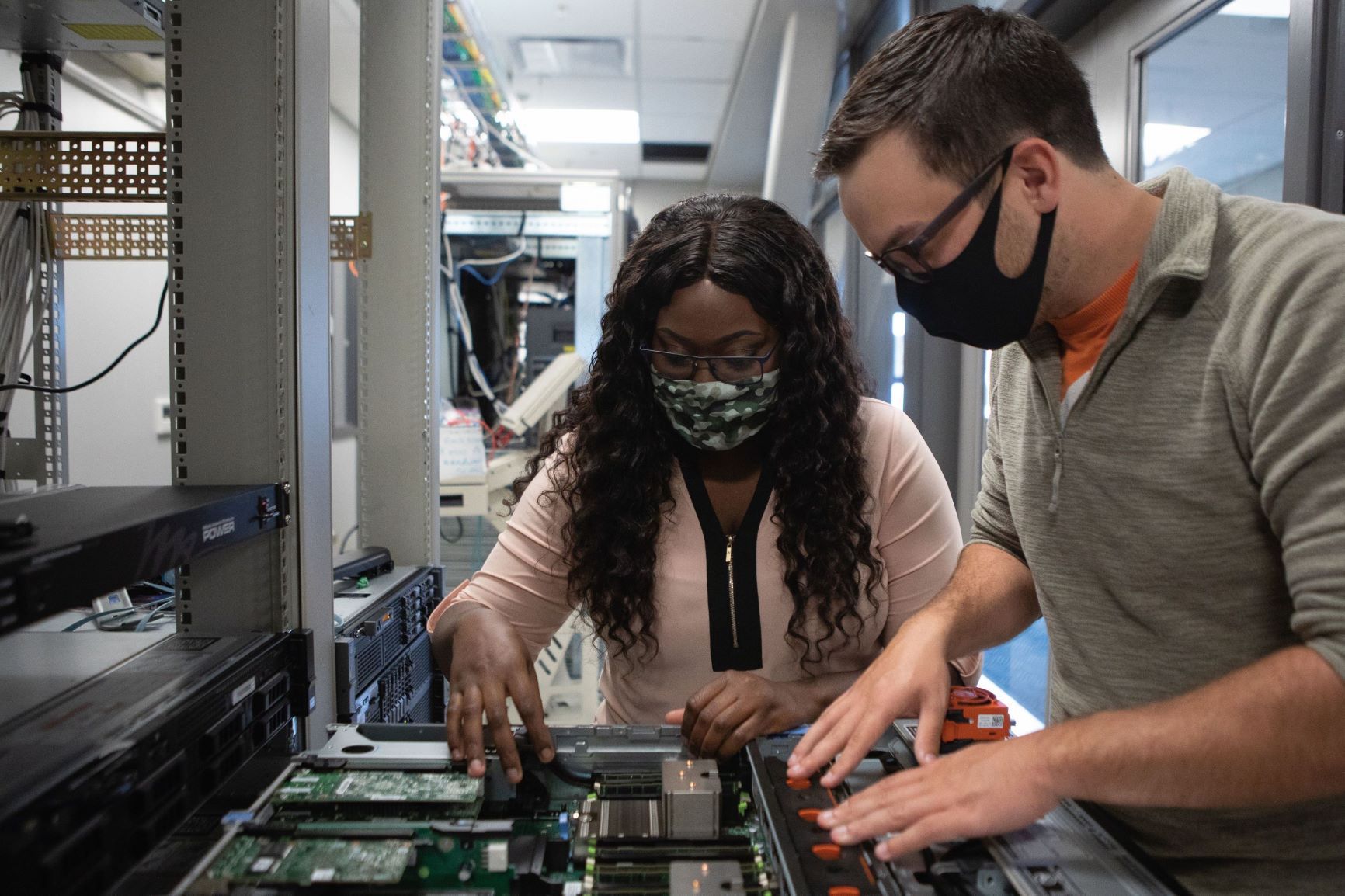Mary Butler, President and CEO, New Brunswick Community College
As New Brunswick shakes off the economic and social repercussions of the past year and begins the business of plotting its recovery, we stand at a critical moment.
We have an aging workforce and, by 2027, an estimated 120,000 New Brunswickers will retire, leaving more vacancies than qualified New Brunswickers to fill them. At the same time, the Organisation for Economic Cooperation and Development (OECD) warns that New Brunswick has the highest share of jobs in the country that are at risk of automation and technological disruption. Without reskilling and upskilling, employment prospects will decrease for displaced workers, the precariously employed, marginalized populations, and those with lower levels of education. This is significant since 193,000 New Brunswickers – 42 per cent of the workforce — have an education level of high school or less.
Added to this are the recent findings from the Atlantic Provinces Economic Council (APEC) that New Brunswick faces significant long-term economic vulnerabilities related to population growth, unemployment rates and education levels. Eleven out of fifteen counties in New Brunswick have post-secondary attainment rates significantly lower than the national average and ten of those same counties are identified as facing high levels of long-term economic vulnerability. Overall, New Brunswick stands at the back of the national pack in post-secondary education rates.
It sounds pretty grim. But what if I told you it’s not too late to turn things around?
The answer to New Brunswick’s economic recovery and resilience is New Brunswickers themselves, and ensuring they have access to new, ongoing skills development. Forty-six per cent of occupational shortages reported by small businesses are for jobs that require a college diploma or apprenticeship. We need to strive for “skills security,” meaning widespread access to and participation in training opportunities, to withstand future labour force disruption.
Increased investment in skills development is good for New Brunswick workers and it’s good for employers. Companies that struggle to find employees are 65% more likely to experience low or no growth. Without access to a skilled workforce, businesses will close, innovation and productivity will lag, and communities will suffer.
As a publicly-funded college, NBCC plays a key role in closing the gap between unemployed or under-employed New Brunswickers, and the jobs that will drive our economic recovery and resilience.
At this critical moment, NBCC is stepping up to do even more. Together with our partners in the public and private sectors, we are accelerating training opportunities to get skilled workers on the job faster than ever before. We are creating flexible learning opportunities like micro-credentials to enable upskilling or reskilling. We are tearing down the obstacles that have prevented participation in post-secondary education in the past so we can reach an unprecedented number of New Brunswickers.
Quality education is one of the keys to decent work and economic growth. It fuels innovation and reduces inequalities. But meaningful impact can only be achieved when we refuse to leave anyone behind. At a time of such monumental upheaval in our economy and society, New Brunswick needs a straightforward and accessible path from at-risk jobs to skilled professions.
This is the conversation we are having as a college, but it’s also a conversation we need to have as a province. In my coming commentaries, I look forward to diving deeper into the realities we face in New Brunswick and the role we can play in rising to these challenges.





